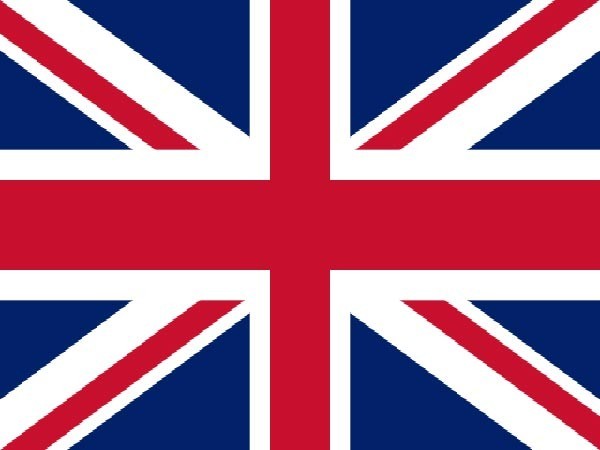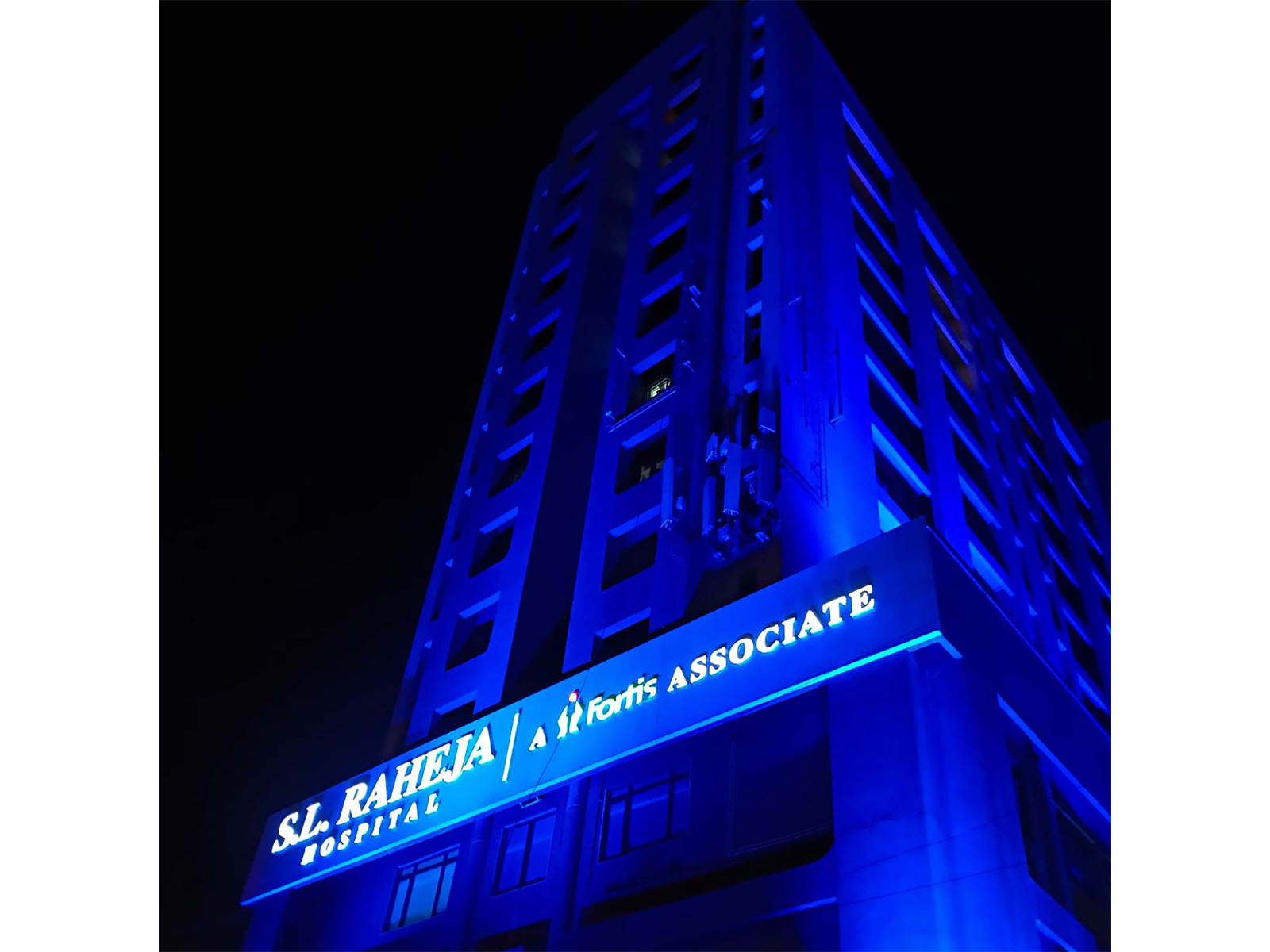Roundup: BBC editing scandal deepens credibility crisis
Nov 15, 2025
London [UK], November 15: The BBC's apology to U.S. President Donald Trump for a misleading documentary has triggered a political and media storm in both London and Washington, but the broadcaster insists on Thursday it will not pay the 1 billion U.S. dollars in damages Trump demands.
The scandal has thrust the institution back into public controversy at a moment when its reputation for journalistic integrity has already been stained by earlier editing errors and accusations of reporting bias.
The controversy erupted after The Daily Telegraph revealed an internal BBC memo showing that an October 2024 Panorama episode, Trump: A Second Chance?, had stitched together two segments of Trump's speech on Jan. 6, 2021, delivered more than 50 minutes apart. The edit created the misleading impression that Trump was directly urging supporters toward the Capitol riot, sparking public outrage and prompting The New York Times to label it as the BBC's "worst crisis in decades."
The fallout quickly escalated, leading to the resignations of Director-General Tim Davie and head of news Deborah Turness last Sunday.
Trump's legal team pressed on, demanding a full retraction, a formal apology, and 1 billion U.S. dollars in damages. The White House confirmed on Wednesday that legal action had been filed. By Thursday night, the BBC said Chair Samir Shah had written to the White House expressing regret for the "error of judgment" and promising the program would not air again, while rejecting Trump's defamation claim.
The controversy has revived long-standing questions about the BBC's editorial culture and oversight structures, which critics say have been weakened by years of reputational blows. The corporation, founded in 1922, has previously weathered major crises, ranging from the 1995 Diana interview obtained through forged documents to fabricated Panorama footage in a 2011 report on child labour in Bangalore.
In 2023, several journalists working for the BBC accused the organisation of failing to maintain neutrality in its Israel-Palestine coverage, arguing that reporting placed disproportionately emphasis on Israeli victims while omitting crucial context on Palestinian suffering.
The Telegraph also reported that BBC Newsnight had spliced Trump speech excerpts as early as 2022, drawing an on-air challenge from a guest and raising further questions about newsroom standards.
The series of incidents has fueled fresh international criticism of Western media bias, with Russian Foreign Ministry spokesperson Maria Zakharova accusing outlets like the BBC of "turning black into white" and constructing fabricated narratives.
Analysts say the latest crisis exposes deeper structural weaknesses that, if left unaddressed, could undermine the broadcaster's authority as Britain's public service media institution. Yet the government has defended the corporation, with a spokesperson saying on Monday that it does not believe the BBC suffers from "institutional bias."
Source: Xinhua News Agency








